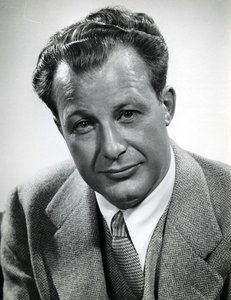A Quote by Jessamyn West
A taste for irony has kept more hearts from breaking than a sense of humor, for it takes irony to appreciate the joke which is on oneself.
Related Quotes
Critics who perceive the first level of Mann's irony recognize that the second voice is giving us reasons to be dubious about various aspects of Aschenbach's life and work. But many of them don't appreciate the second level of irony, the one exemplified in setting this narrative voice alongside the more sympathetic one, and inviting us to choose.
And make no mistake: irony tyrannizes us. The reason why our pervasive cultural irony is at once so powerful and so unsatisfying is that an ironist is impossible to pin down. All U.S. irony is based on an implicit "I don’t really mean what I’m saying." So what does irony as a cultural norm mean to say? That it’s impossible to mean what you say? That maybe it’s too bad it’s impossible, but wake up and smell the coffee already? Most likely, I think, today’s irony ends up saying: "How totally banal of you to ask what I really mean.
Irony ruined everything Even the best exploitation movies were never meant to be `so bad they were good`. They were not made for the intelligentsia. They were made to be violent for real, or to be sexy for real. But now everybody has irony. Even horror films now are ironic. Everybody's in on the joke now. Everybody's hip. Nobody takes anything at face value anymore.
































